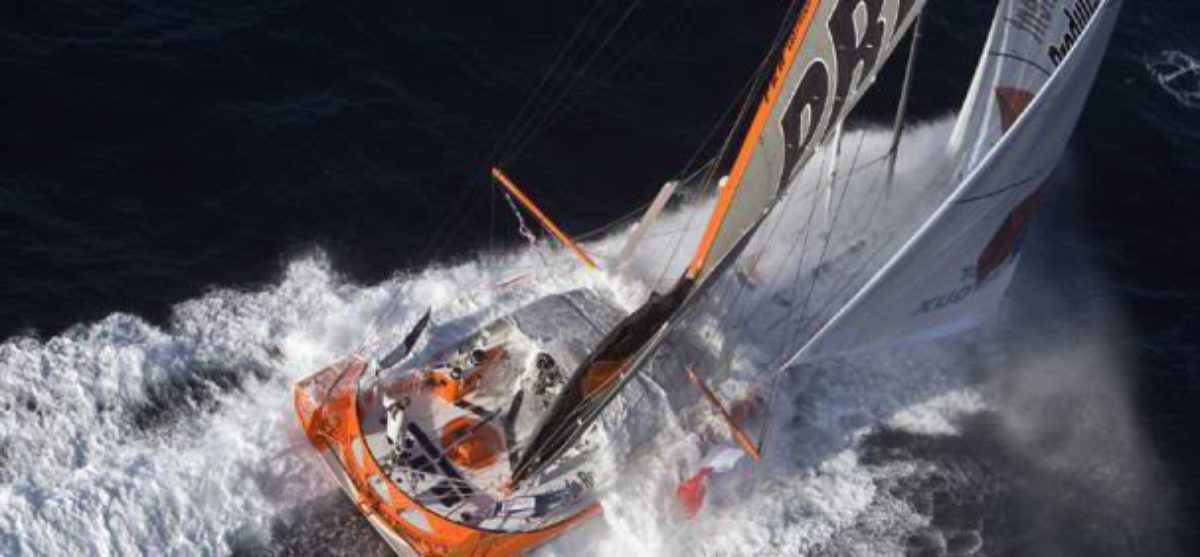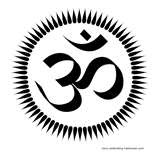The modes of being as written about here are, as Kierkegaard thought, Stages on Life’s Way. The primitive man, the primitive mind, tends toward artistic expression and develops into religious, scientific, historical, and finally philosophical modes. I find it interesting to contrast this with the concurrent emergence of what I call the concomitants of consciousness and sentient life forms. Beauty, liberty, love, justice, wisdom, truth all have special niches of development corresponding to the Stages. They come into season and prepare the way for further seasonal changes. To me, and to thinkers like, e.g., Le Compte De Nouy, also written about in this space, these evolutes are proof enough to the doubting mind that divine providence is in play. They are, indeed, signposts along the avenue, the “way” to the transcendent. They are attributes of the divine creative spirit vouchsafed to us as evidence of the true meaning and purpose of life. So, since I am concentrating these days on Aristotle, I would note that these modalities considered extensively, as noted previously, by Collingwood, I find echoed in this statement of Aristotle in Posterior Analytics: “Further consideration of modes of thinking and their distribution under the heads of discursive thought, intuition, science, art, practical wisdom, and metaphysical thinking, belongs rather partly to natural science, partly to moral philosophy.”
Consider this quote from Plato’s Phaedrus:
“Now beauty [kállos], as we said, shone bright among those visions, and in this world below we apprehend it through the clearest of our senses, clear and resplendent. For sight is the keenest of the physical senses, though wisdom is not seen by it — how passionate would be our desire for it, if such a clear image of wisdom were granted as would come through sight — and the same is true of the other beloved objects; but beauty alone has this privilege, to be most clearly seen and most lovely of them all.”
And this from Kelley Ross on Aristotle and Kant regarding the role of faith versus reason:
“The picture of the relationship of rational knowledge to existence that emerges is just the opposite of that postulated by Plato and Aristotle, who believed that the most real was the most knowable. Here, the deeper that we get ontologically, and so the closer to the most real, the less knowable, or the less it can be rationally articulated, the matter is. This is the principal characteristic of Kantian philosophy. In the simplest terms, what this accomplishes is to separate religion from science, the former most concerned with ultimate meaning, the latter the most productive of rational knowledge. Thus, Kant himself said, “I have therefore found it necessary to deny knowledge, in order to make room for faith.”
Plato in speaking of beauty, wisdom, and “other beloved objects” is touching on the Greek concept of virtue (arete). Virtue is the genus of these emergent principles which, like the bud of the rose, foreshadow greater unfolding, apotheosis, to come. Socrates argues inconclusively and at length with the great Sophist Protagoras in the Platonic dialogue of the same name whether virtue is teachable and is in the end sentenced to death for exercising corrupting influences on the youth of Athens. Jesus Christ, of course, suffered a similar fate.
It seems to me Kant’s statement that to make room for faith one must deny knowledge echoes a sentiment of Aristotle noted earlier that knowledge is always knowledge of something. This is from his Categories. He goes on, in Posterior Analytics, to conclude “….we cannot through demonstration have unqualified but only hypothetical science of anything.” This further echoes Kant and supports the idea of Polanyi, for instance, that knowledge always breaks down as we approach the boundaries of a subject. Can knowledge exhaust the Real? Aristotle goes on a little later to state “…scientific knowledge through demonstration is impossible unless a man knows the primary immediate premises.” And then, he concludes in P.A., after bringing the function of memory and sense perception into play, and their retention in the soul, that we must “…get to know the primary premises by induction; for the method by which even sense-perception implants the universal is inductive. Now of the thinking states by which we grasp truth, some are unfailingly true, others admit of error – opinion, for instance, and calculation, whereas scientific knowing and intuition are always true: further, no other kind of thought except intuition is more accurate than scientific knowledge, whereas primary premises are more knowable than demonstrations, and all scientific knowledge is discursive. From these considerations it follows that there will be no scientific knowledge of primary premises, and since except intuition nothing can be truer than scientific knowledge, it will be intuition that apprehends the primary premises – a result which also follows from the fact that demonstration cannot be the originative source of demonstration, nor, consequently, scientific knowledge of scientific knowledge. If, therefore, it is the only other kind of true thinking except scientific knowing, intuition will be the originative source of scientific knowledge. And the originative source of science grasps the original basic premise, while science as a whole is similarly related as originative source to the whole body of fact.”
So, the Real can be exhausted, by Intuitive knowledge. But reason alone deals only with facts, what can be measured scientifically. And the atheist, quite simply, denies intuition, denies the Soul and is thereby, in the end, dead to himself, dead to the world.




